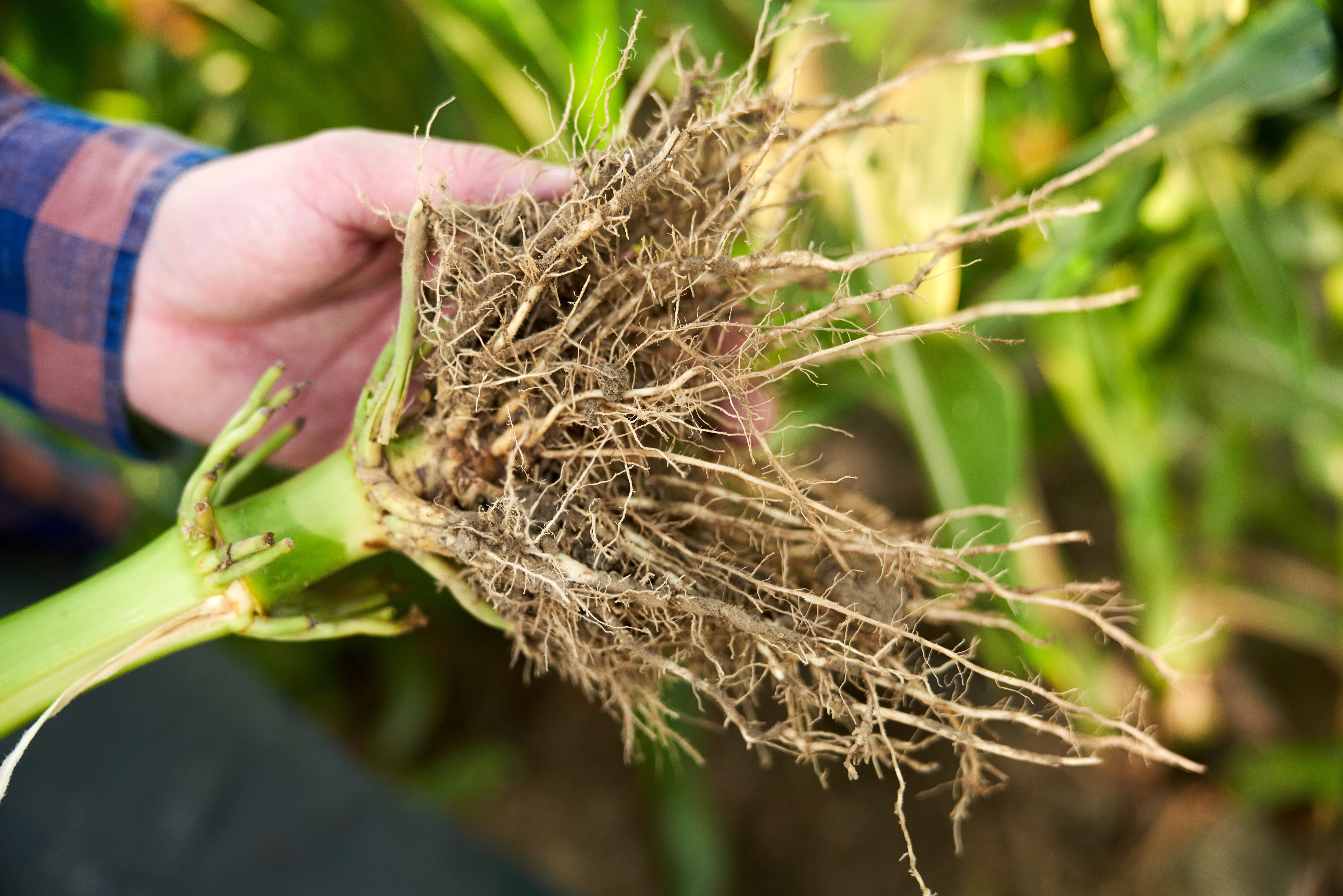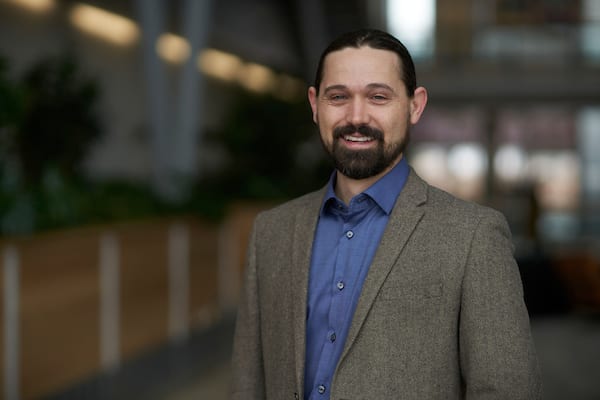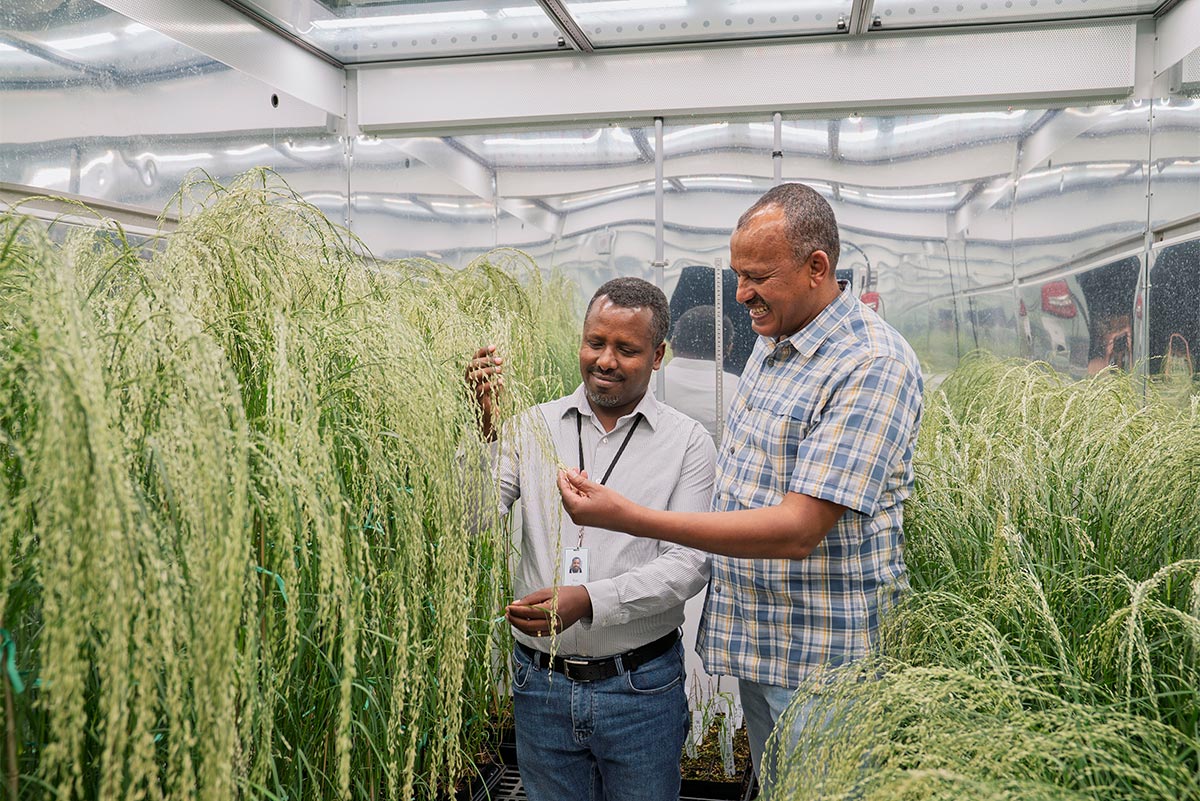Impact Story – Environment
Today’s large-scale agriculture can be a source of environmental degradation. Intensively grown single crops require substantial inputs of water and fertilizer. Overworked soil is stripped of nutrients-and much is lost to erosion. Many people are concerned about the negative impacts of intensive modern ag on the environment, but Danforth Center scientists are getting to the root of the problem.
Roots are the foundation of plant health, the means by which plants absorb water and nutrients. But so much is still unknown about this “hidden half” of plants. Buried under as much as 20 feet of soil, living roots aren’t easily accessible. Studies of growing roots typically require killing the plant by removing it from the ground, so they are unable to capture the dynamic nature of root growth and soil interaction.

Corn roots. More corn seeds are planted in the U.S. each year than stars in the Milky Way Galaxy. Even small improvements to corn root efficiency could yield enormous results.
To better understand this crucial relationship, Danforth Center principal investigator Chris Topp, PhD, has created a unique method to study living roots. He combines cutting-edge X-ray microscopy with 3D computerized tomography. This Danforth Center facility, unique in North America, has allowed scientists for the first time to see in 3D the subterranean world of living roots nondestructively.
“Through the study of living roots, we are learning about water and nutrient uptake, how plants respond underground to drought and other stress. We are figuring out how plants sequester carbon. Roots have enormous untapped potential to help heal our planet.”
Dr. Chris Topp and other scientists at the Danforth Center have a big vision. They are already inventing new ways to study living plant roots on an even larger scale to accelerate our understanding of roots in order to create food crops with diminished water- and fertilizer-dependence.

Chris Topp, Ph.D., Principal Investigator
We believe that, through our research, we can change the world and improve the lives of millions of people. The campaign officially begins September 28, but early donations are already being accepted. Will you join us?
Together, we can grow our Center, help our region, and feed our world.
Donate